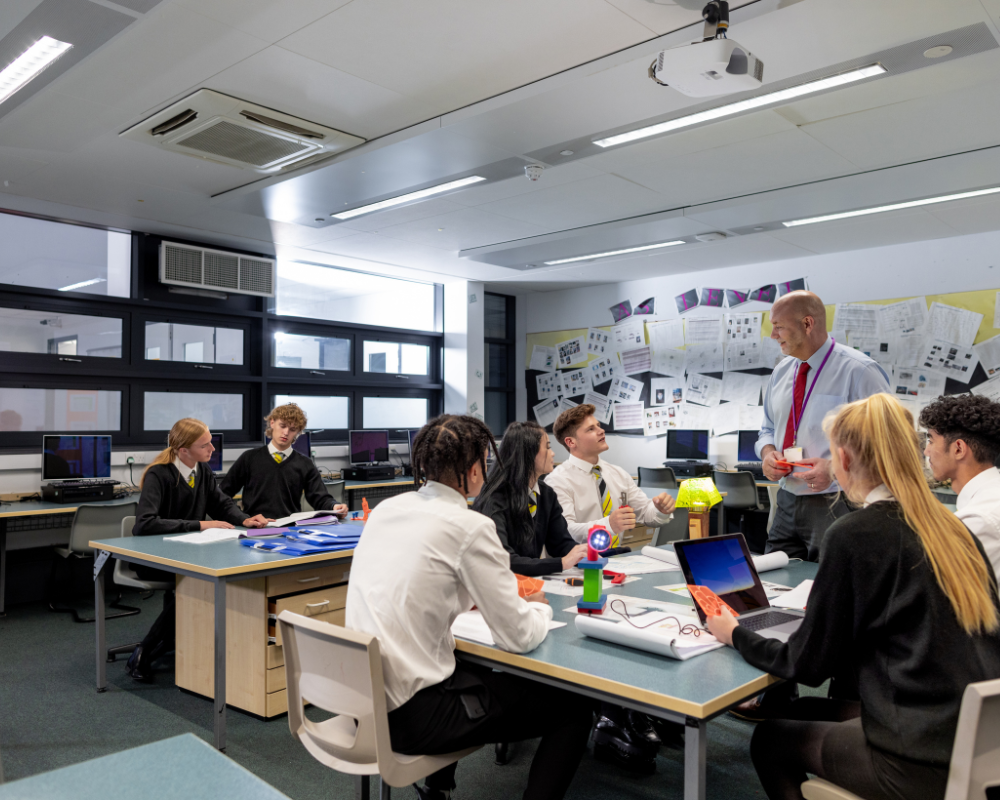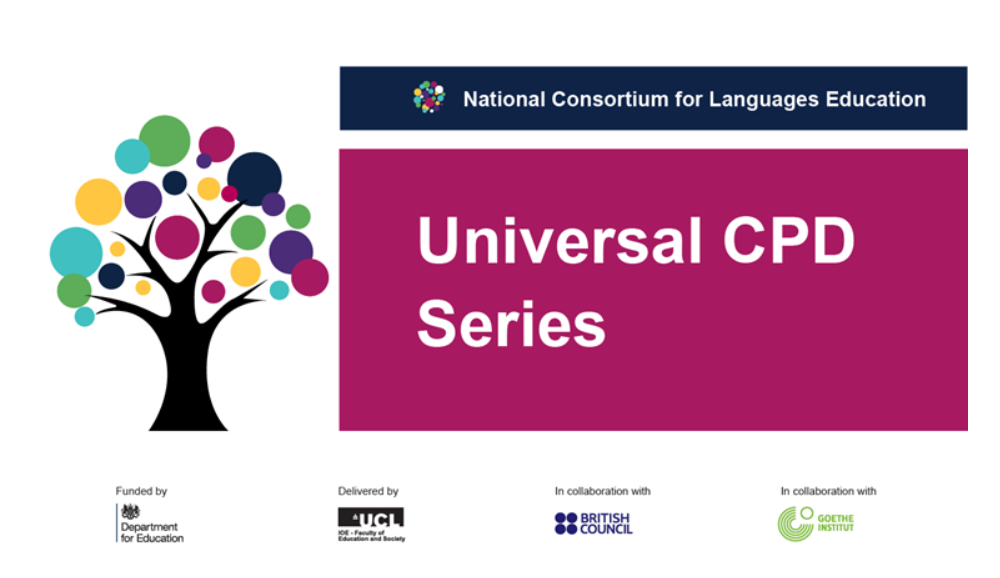The National Association of Language Advisers (NALA) is carrying out a nation-wide survey of language teachers to investigate the extent to which the current secondary curriculum content disadvantages certain groups of pupils by asking them personal questions on topics where their own experience is limited or sensitive.
So far 375 language teachers, consultants and teacher trainers have responded. Initial findings show that the current secondary GCSE language assessments discriminate against vulnerable pupils, particularly those from socio-economically deprived backgrounds.
- 85% of respondents said that, given the social backgrounds of their pupils, some or all of their pupils would have difficulty answering GCSE speaking and/or writing test questions. Most teachers said that when pupils have to invent answers, their outcomes are less good.
- 95% said that their pupils find it difficult to make up answers to questions on topics about which they have no experience and that this disadvantages them.
- 96% said that the personal content of GCSE speaking and/or writing tests makes pupils feel uncomfortable and that this has a significant impact on their performance and motivation.
“Pupils without disposable income or experience of travel and many other privileges feel alienated by a lot of the topics.”
“I was this child at school who always had to ask e.g. ‘How do I say dead?’ when the question was to describe your dad.”
“One photo card last year expected pupils to talk about a skiing holiday. Some of mine live on the 14th floor and have never left Wigan.”
“Modern languages examination specifications view poverty as something that happens to other people, as if our children live in some kind of middle-class bubble.”
The survey will close on Monday, 7 September 2020. Access the survey here.
A full report of the findings will be published in Autumn 2020.





